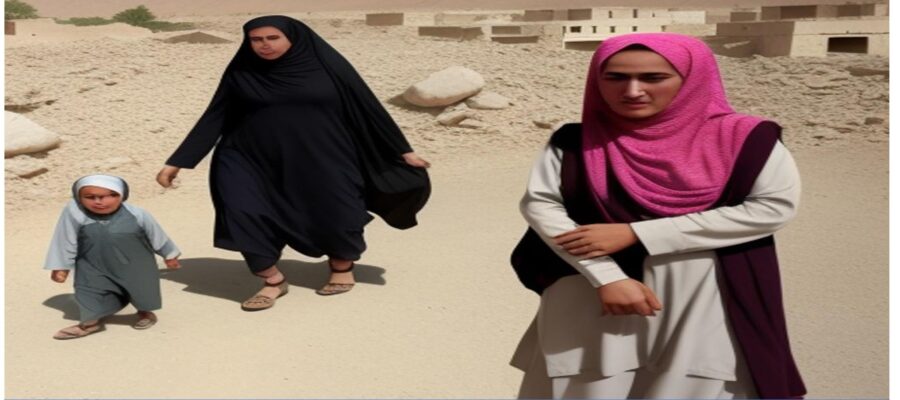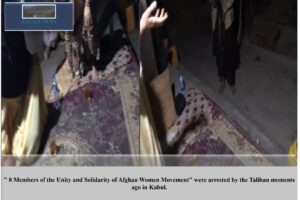The Taliban’s order to close all beauty salons in Afghanistan is the latest in a series of restrictions on women’s rights since the group returned to power in 2021. The order, which was issued by the Ministry for the Prevention of Vice and Propagation of Virtue, gives beauty salons one month to close. The ministry said that the order was necessary to “prevent moral corruption” and “protect women’s chastity.”
The closure of beauty salons will have a significant impact on women in Afghanistan. Beauty salons provide women with a safe and private space to get their hair and makeup done, and they also offer employment opportunities for women. The closure of these salons will further isolate women and make it more difficult for them to participate in society.
The order has been met with widespread condemnation from human rights groups and the international community. The United Nations has called the order “a further step in the systematic oppression of women and girls in Afghanistan.” The European Union has said that the order is “a clear violation of women’s rights.”
The closure of beauty salons is just one example of the Taliban’s efforts to restrict women’s rights in Afghanistan. The group has also banned women from working in most government jobs, attending university, and traveling without a male chaperone. The Taliban has also imposed a strict dress code on women, requiring them to wear the burqa in public.
The Taliban’s restrictions on women’s rights have had a devastating impact on Afghan women. Many women have been forced to leave their jobs, schools, and homes. They are now more isolated and vulnerable than ever before.
The Taliban’s arrest of women in Afghanistan is a clear violation of human rights. The group has been targeting women who have spoken out against the Taliban’s restrictions on women’s rights, or who have simply tried to live their lives as they see fit.
Elaha Delawari’s story is a harrowing reminder of the brutality of the Taliban and the daily horrors faced by women and girls in Afghanistan. Her account of being subjected to electric shocks is particularly disturbing, and it is clear that she suffered immensely at the hands of her captors.
Delawari’s story is also a reminder of the urgent need for justice and protection for individuals under the control of the Taliban. The Taliban has a long history of committing human rights abuses, and they have shown no signs of stopping. It is essential that the international community hold the Taliban accountable for their actions, and that they work to ensure that the victims of their abuses receive justice.
Delawari’s story is also a testament to the strength and resilience of the Afghan people. Despite the horrific circumstances she faced, she was able to survive and tell her story. Her story is a call to action for all of us to stand up for the rights of women and girls in Afghanistan, and to demand that the Taliban be held accountable for their crimes.
GDI 40 department is responsible for arresting women who violate the group’s strict rules. Women who have been arrested by GDI 40 have been subjected to physical and psychological abuse, including torture. They have also been detained in overcrowded and unsanitary conditions.
The Taliban’s arrest of women is a direct attack on their fundamental rights. Women have the right to freedom of expression, the right to participate in public life, and the right to live free from violence and discrimination. The Taliban’s actions are a clear violation of these rights.




